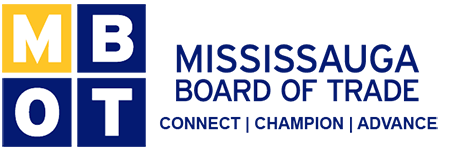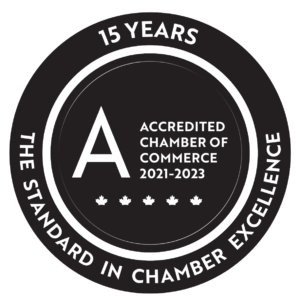So we have jobs without people and people without jobs. We have a relatively high national unemployment rate — particularly among youth — that persists as employers complain they just can’t find the labour they need. But what is the real reason?
The problem has led to widespread claims of a skills shortage, or at the very least a mismatch, with too many graduates holding qualifications employers don’t need.
 But do we have consensus on that point? No, not really…. because government leaders are saying one thing, education another, industry another and individuals all over the map.
But do we have consensus on that point? No, not really…. because government leaders are saying one thing, education another, industry another and individuals all over the map.
Canada leads the developed world in skilled, post-secondary graduates, so where is the skills gap?
I just had a long conversation with Paul Smith, Executive Director of the Canadian Association of Career Educators and Employers (CACEE), and here’s his theory: “What we’re calling a skills shortage is really a communications problem,” he declares, and I couldn’t agree more!
Paul Smith acts as a go-between among the major stakeholders that shape our labour market — educators, employers and government. ‘The cure for the “skills shortage” isn’t likely to be found in funneling students into trades programs or engineering degrees, Smith says. It will only come when educators and employers finally sit down for some serious talks, and likely with government oversight to ensure they’re using the same language when they do.’
Ellen Van Velsor, senior fellow in Research & Innovation, Center for Creative Leadership, believes educational curriculum currently is not well aligned with the skills businesses need. “While undergraduate business administration and MBA programs provide students with a variety of technical skills, leadership and other soft skills are virtually absent in many programs,” she notes.
Communication & Soft Skills
A recent survey of senior executives done by the Center for Creative Leadership showed that the five most important leadership competencies desired in people entering the workforce today are communication skills, self-motivation, learning agility, self-awareness, and adaptability.
“Whether these are the qualities companies actually are hiring for is an important question, but these are certainly not all qualities that are the core focus of typical high school or college curricula,” she says. “While the managers we surveyed are impressed with the incoming generation’s technology savvy, they see younger workers as overly dependent on technology for communication and less skilled or willing to communicate face to face.”
Last but not least, Van Velsor says, is the fact that young people today may not be receiving the help they need in terms of training, mentoring, or coaching to become the leaders needed for tomorrow. That I would say is a huge issue, because if we, the adult professionals are not taking on the responsibility to deliver this to our millennials, how then can we expect them to be ready to lead the next generation?
Mentoring may be more important to millennials in the 21st century than ever before, as there is too much white noise around, so it helps to have a real person to talk with, and grow personally and professionally.
I saw first-hand the difference it made when internationally trained professionals were matched with a mentor in their related field- it increased their confidence level by over 60% and employment increased by 25-30% within 4 to 6 months.
Match a youth with a good mentor, and watch for the transformation. Mentoring will give young professionals the opportunity to ask questions and share openly with someone they trust
and can learn from someone older and more experienced, in a relaxed and non-threatening way.
Let’s start communicating with each other and build trusting relationships that would naturally lead the way for collaborating and creating programs and initiatives that bridge the communication and skills gap!
Rosa Lokaisingh, is our Business Innovation Connector at Advantage Mississauga. She can be reached at 905-273-6151 Ext. 390 or
[email protected]. Visit www.advantagemississauga.com




